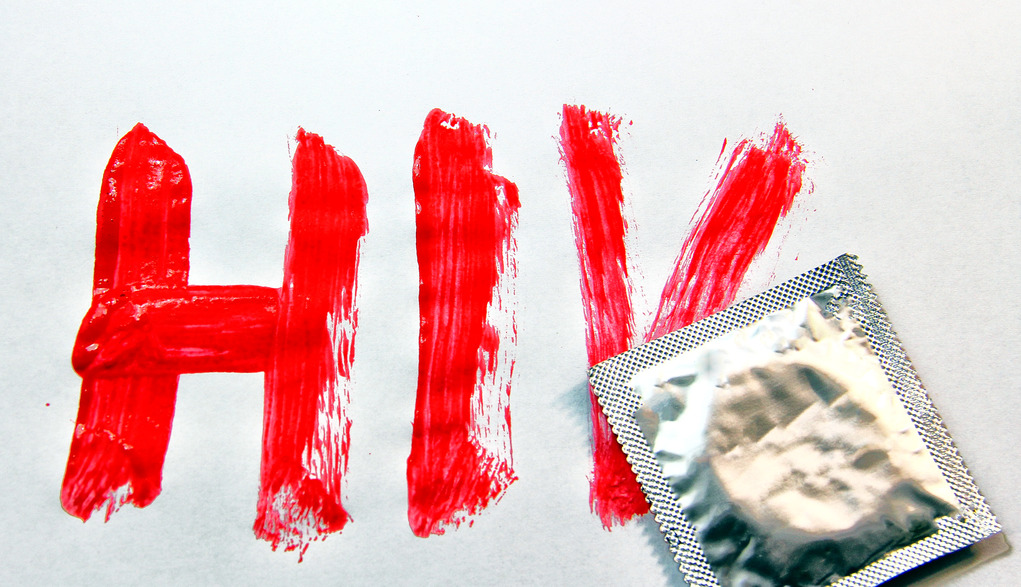
New Twice-Yearly Injection Lenacapavir Hailed As Biggest HIV Advancement To Date

A new twice-a-year injection, lenacapavir by pharmaceutical company Gilead Sciences, is being hailed as a one of the biggest advancements in HIV/AIDS prevention to date.
A clinical trial in Uganda and South Africa, involving 2,134 women and girls aged 16-25, had been so successful that Gilead reported it was terminating early.
More than 2000 patients received the lenacapavir injections, and during the clinical trial’s period, not one single patient contracted HIV.
An independent review of the results by the trial’s data and safety monitoring board found that a regimen of lenacapavir every six months was safe and highly effective.
The demographics of the clinical trial focussed on young women aged 16-25. This demographic of people is the worst affected by HIV in Southern Africa.
“Every week, 4,000 adolescent girls and young women aged 15–24 years became infected with HIV globally in 2022, and 3,100 of these infections occurred in sub-Saharan Africa,” added UNAIDS.
“I have never seen a result like this”
Salim Abdool Karim, who is the head of one of South Africa’s top HIV/AIDS research centres, CAPRISA, told PBS that the results of the study are “absolutely amazing”.
“In my 40 years of doing AIDS research, I have never seen a result like this,” explained Karim. “Absolutely amazing to see a drug like this that provides 100 percent protection.”
Various health and medical organisations are now strongly encouraging Gilead Sciences to prioritise making the drug widely accessible, once the drug is peer reviewed and approved for use in the global marketplace.
Lenacapavir compared to PreP
Lenacapavir was compared to Truvada and Descovy, which are two oral medications taken daily that have been successful as pre-exposure HIV prophylaxis (PrEP).
In the Truvada group, 16 out of 1068 women contracted HIV during the trial.
In the Descovy group, 39 out of 2,136 women contracted HIV.
One of “the most important” advances in HIV prevention
Director of the Desmond Tutu HIV Centre in South Africa Professor Linda-Gail Bekker said that the injections could provide a “critical new choice” for people.
“While we know traditional HIV prevention options are highly effective when taken as prescribed, twice-yearly lenacapavir for PrEP could help address the stigma and discrimination some people may face when taking or storing oral PrEP pills, as well as potentially help increase PrEP adherence and persistence given its twice-yearly dosing schedule,” Bekker explained.
“This is one of the most important results we’ve seen to date in an HIV prevention study,” said Mitchell Warren, executive director of AVAC, a non-profit HIV prevention advocacy organisation.
“Adding additional HIV prevention options means more people may find an option that is right for them. Beyond expanded choice, a twice-yearly injection has the potential to transform the way we deliver HIV prevention to people who need and want it most – from an easier-to-follow regimen for individuals to a decreased burden on healthcare systems that are stretched to the limit.”
Gilead Sciences says that their other trial of the drug is assessing twice-yearly lenacapavir for PrEP in men who have sex with men, transgender and non-binary people.
The pharmaceutical company is conducting this trial in the US, Argentina, Brazil, Mexico, Peru, South Africa, and Thailand, and they expects results in early 2025.
Australia has long been working on the eradication of HIV/AIDS, with a recent report saying this could be possible with the most recent federal budget dedicating $43.9 million dollars to enhance access to HIV testing, care and resources.









